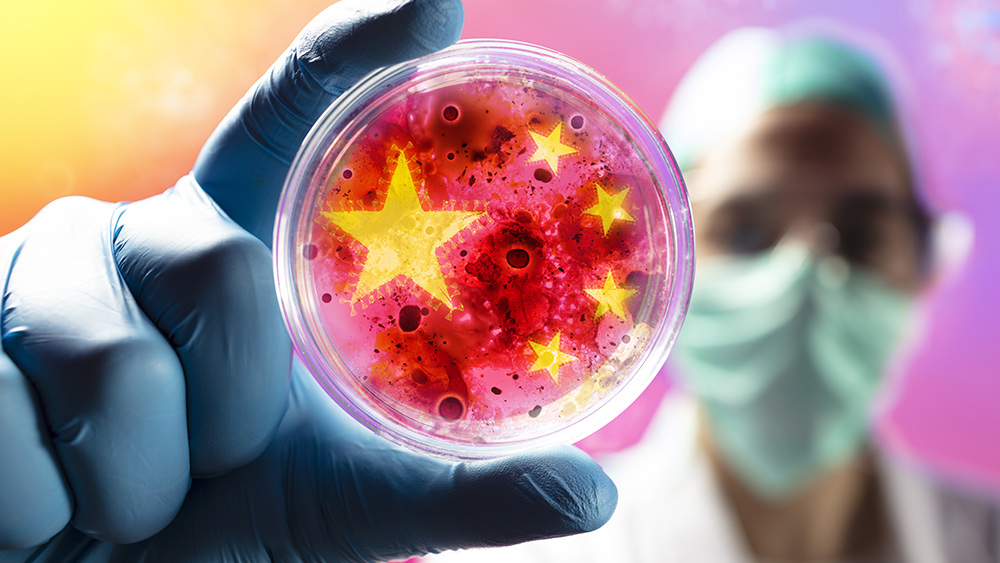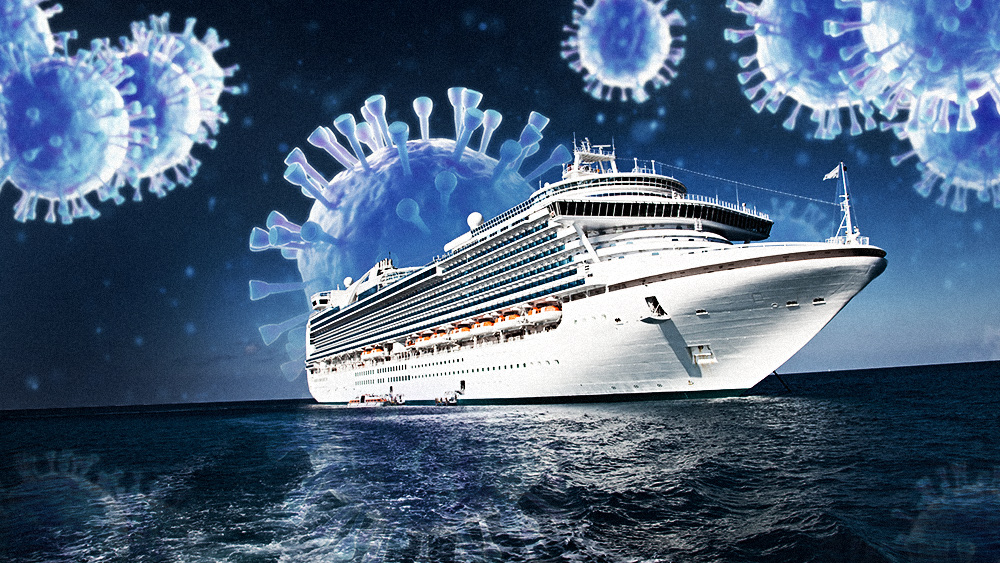Not just for the gut: Probiotics can destroy cancer cells and prevent their spread
03/18/2020 / By Evangelyn Rodriguez

The probiotic effects of metabolites produced by certain microbes have attracted scientific interest in recent years. Called bioactive postbiotic metabolites (PM), these compounds are said to promote gut health, relieve gastrointestinal disorders and enhance innate immunity.
Some studies have reported the anti-cancer effects of different components of bacteria like Lactobacillus gasseri and L. crispatus. In particular, scientists have noted how culture supernatants and bacterial cell extracts exhibit cytotoxicity and induce apoptosis in different types of cancer. Due to these interesting findings, researchers from Malaysia decided to test the effects of PMs from six different strains of L. plantarum on various cancer and normal cells.
In their study, which appeared in the journal BMC Complementary and Alternative Medicine, the researchers demonstrated the ability of PMs to kill malignant cancer cells without harming normal cells. They believe that these compounds have great potential as functional supplements and as adjuncts to cancer treatments.
The anti-cancer activities of postbiotic metabolites
PMs are considered the “master health-regulating compounds” as they play regulatory roles inside the body. These compounds affect every organ system, including the brain and immune system. PMs are produced by probiotic bacteria while they break down dietary fiber from foods, and these products range from soluble or secreted factors and bacteriocins (bacterial proteins) to metabolites and cell-free supernatants.
According to studies, PMs are just as effective as live probiotics and may even be safer than them. Due to their benefits, scientists have proposed the use of PMs in the treatment and prevention of gut-related diseases, such as inflammatory bowel diseases. In the case of L. plantarum, a probiotic found widely in fermented food products, the bacteriocin-containing PMs produced by six different strains have shown growth- and health-promoting effects in rats, poultry and pigs. Hence, the researchers decided to test their effects on cancer cells.
For their study, the researchers used normal human primary cells and breast, colorectal, cervical, liver and leukemia cancer cell lines. They also used different assays to determine the toxicity of L. plantarum PMs in vitro.
The researchers reported that UL4 PM had the lowest maximum inhibitory concentration (IC50) value against breast cancer cells. Meanwhile, a PM designated as RG14 had the lowest IC50 against colorectal cancer cells. Two PMs, RG11 and RI11, had the lowest IC50 values against leukemia cells. None of the tested PMs caused hemolysis (rupture) of human, dog, rabbit and chicken red blood cells, or exhibited cytotoxicity toward normal human and animal cells.
Due to the pronounced cytotoxicity shown by UL4 PM, the researchers tested it on MCF-7 (breast cancer) cells. They found that UL4 PM exerted anti-proliferative effects on MCF-7 cells after 72 hours of incubation at a concentration of 30 percent (v/v). Meanwhile, RG14 PM did the same on HT-29 (colorectal cancer) cells. Further analysis revealed that the cytotoxicity of the two PMs was mediated through apoptosis.
Based on these findings, the researchers concluded that the PMs produced by six strains of L. plantarum are selectively cytotoxic to malignant cancer cells in a strain-specific and cancer cell type-specific manner. These PMs can thus be used as functional supplements and as adjuncts to cancer treatments. (Related: 2 Servings of yogurt per week reduces risk of pre-cancerous bowel growths in men.)
The role of postbiotic metabolites in the human gut
The gut microbiota — the community of microorganisms that live in the human gastrointestinal tract — is important for the fermentation of insoluble fiber from food. This process, in turn, helps beneficial microbes flourish in the gut. Beneficial gut microorganisms, also called probiotics, are responsible for producing short-chain fatty acids (SCFAs), which serve as the primary source of energy for the cells that line the colon.
SCFAs, along with other PMs like anti-microbial peptides and some vitamins (B-vitamins and vitamin K), have a wide range of health-regulating functions in the body. These include regulating digestion, nutrient absorption, detoxification, immune function and gut-brain communication, among others. PMs also directly affect the composition and functioning of the human gut microbiota, as well as inhibit the growth and activity of potential pathogens.
PMs are useful natural products that can promote good health. To increase the production of these beneficial compounds by good gut bacteria, add fiber-rich foods and fermented foods to your daily diet or take probiotic supplements.
Sources include:
Tagged Under: cancer cures, digestive health, disease treatments, gut bacteria, Lactobacillus plantarum, natural cures, natural medicine, postbiotic metabolites, probiotics, research, superbugs



















